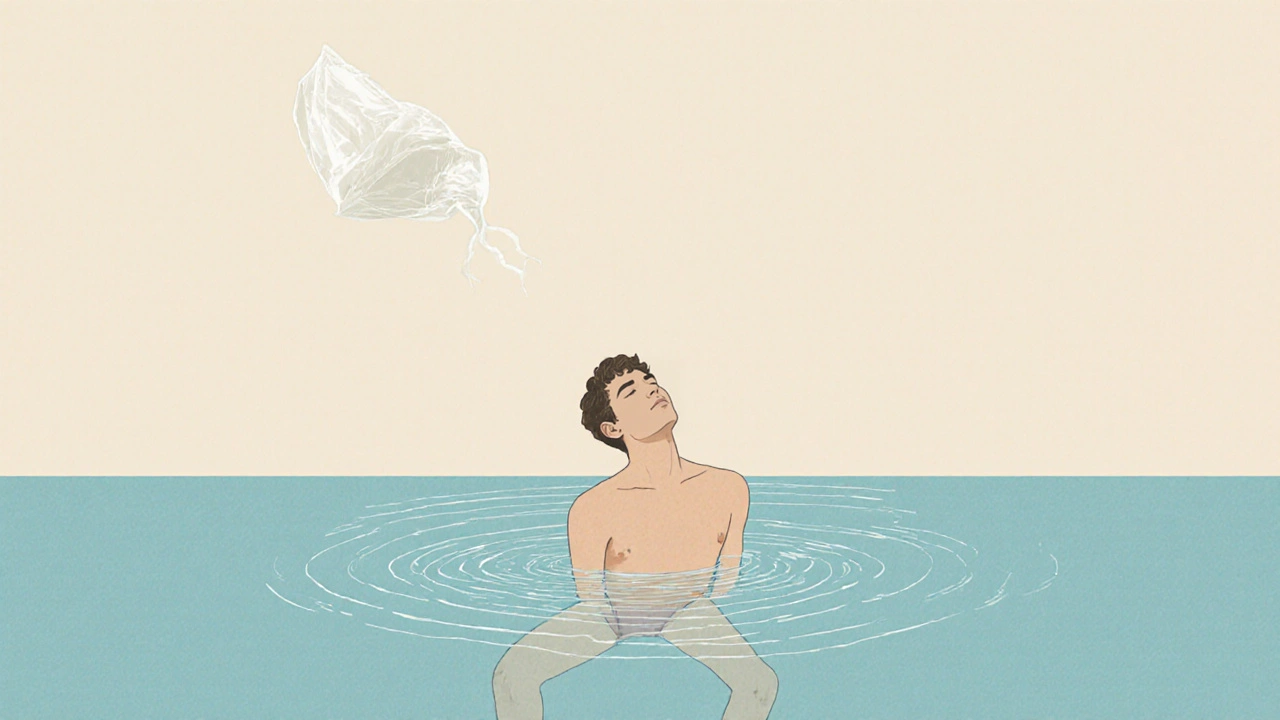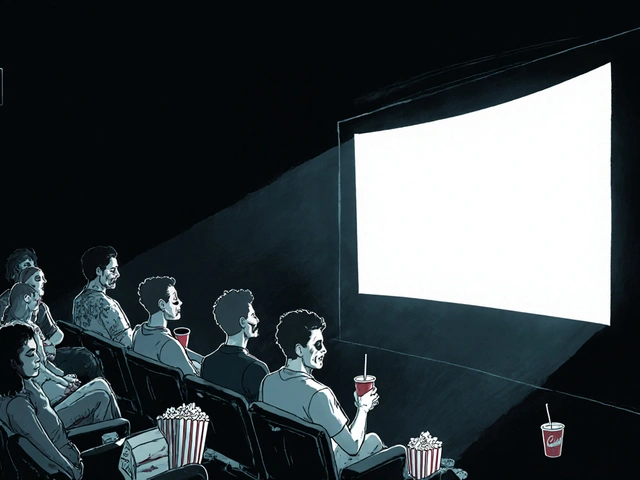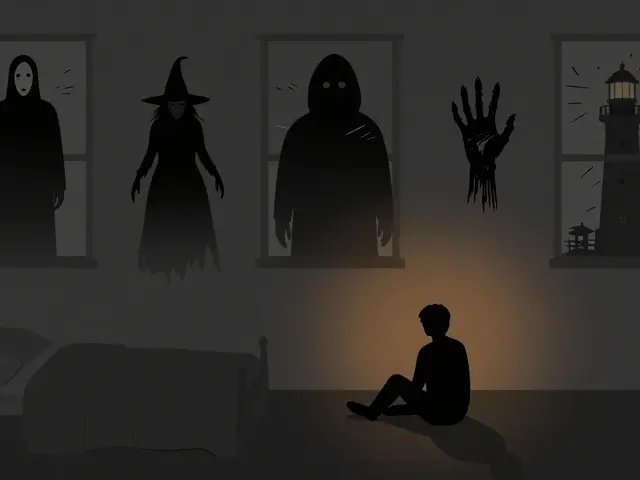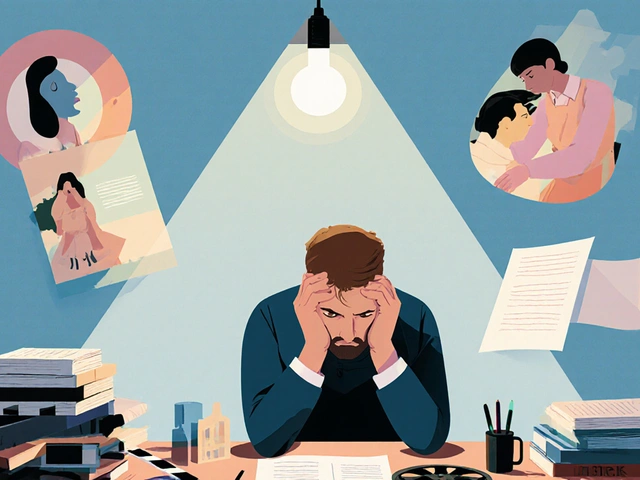The Graduate: Classic Film, Coming-of-Age Stories, and 1960s Cinema
When you think of The Graduate, a 1967 American film about a recent college graduate lost in adulthood, directed by Mike Nichols. Also known as the film that made Dustin Hoffman a star, it didn’t just tell a story—it captured a generation’s confusion about what comes after success. It’s not about grand heists or space battles. It’s about a kid sitting alone in a pool, wondering if he’s already failed before he even started. That moment? That’s why people still talk about it.
It’s a coming-of-age story, a narrative where a young person faces real-world pressure and begins to question the path laid out for them. Also known as the adulting awakening film, it influenced everything from Booksmart to Succession. The pressure to marry, to climb, to fit in—it’s still the same. The difference now? We have TikTok to scream into instead of just staring out a window. And then there’s the 1960s cinema, a wave of American films that broke away from studio formulas to embrace realism, ambiguity, and youth rebellion. Also known as the New Hollywood era, it gave us Easy Rider, Bonnie and Clyde, and The Graduate—all films that trusted audiences to sit with discomfort instead of handing them tidy endings. This wasn’t just a movie. It was a cultural reset.
Mike Nichols didn’t just direct actors—he shaped silence. The way Benjamin sits at the bottom of that pool, the way Mrs. Robinson’s voice cuts through the quiet, the way Simon & Garfunkel’s "Mrs. Robinson" plays like a sarcastic lullaby—these aren’t just scenes. They’re emotional blueprints. The film’s power comes from what’s left unsaid: the fear of becoming your parents, the weight of expectations, the loneliness that comes with being told you’ve made it when you feel like you’ve lost everything.
You’ll find threads of this everywhere in the posts below. From Groundhog Day’s quiet transformation to Fellini’s 8½’s creative paralysis, from the way Rashomon twists truth to how Darren Aronofsky digs into obsession—these are all stories about people trying to figure out who they are when the world keeps telling them who they should be. The Graduate didn’t invent that feeling, but it gave it a face, a soundtrack, and a plastic bag.
9
The Graduate Review: How a 1967 Film Captured New Hollywood’s Rebellion and Alienation
The Graduate captured the quiet alienation of a generation with its raw portrayal of a lost grad, groundbreaking soundtrack, and anti-hero protagonist. It changed Hollywood and still resonates today.
Latest Posts
Popular Posts
-
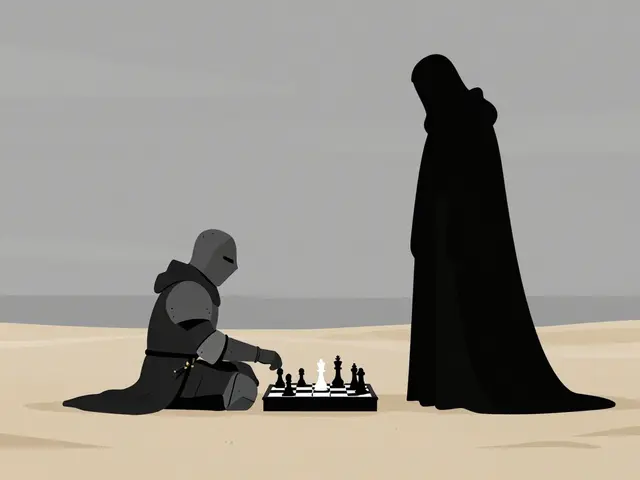 The Seventh Seal Explained: Ingmar Bergman’s Medieval Meditation on Death
The Seventh Seal Explained: Ingmar Bergman’s Medieval Meditation on Death
-
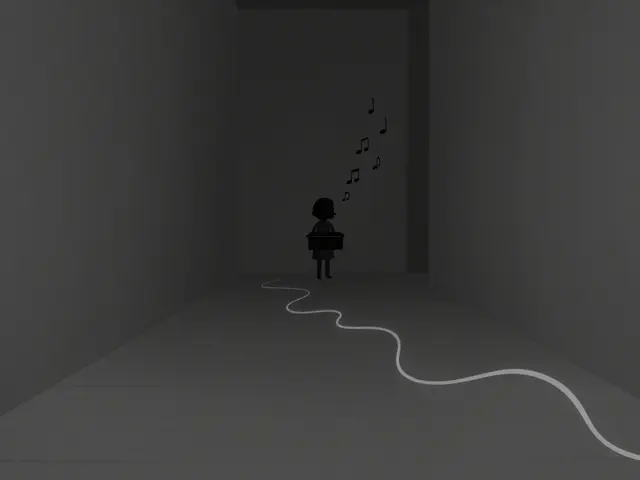 Horror Soundtracks That Scare: From The Exorcist to Hereditary
Horror Soundtracks That Scare: From The Exorcist to Hereditary
-
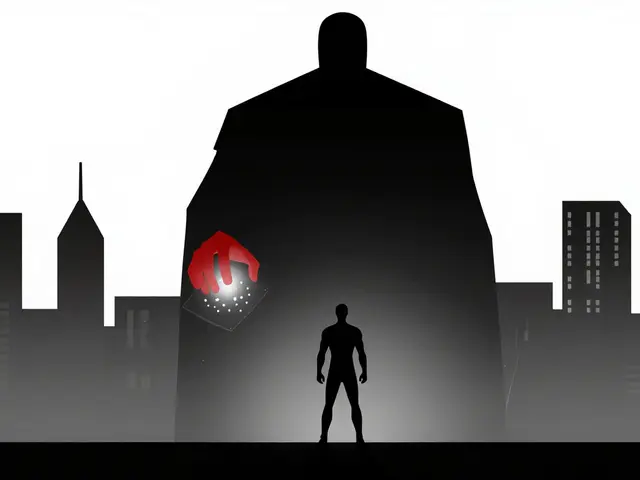 Villains in Action Cinema: Why Antagonists Define the Thrill
Villains in Action Cinema: Why Antagonists Define the Thrill
-
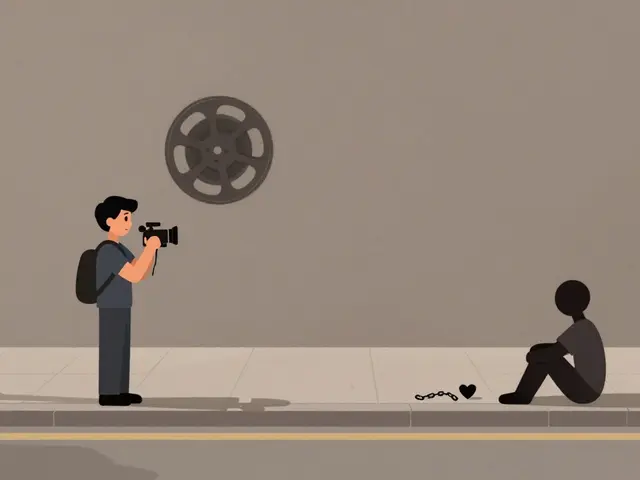 Ethics of Subject Relationships in Documentary Filmmaking: Power, Consent, and Follow-Up
Ethics of Subject Relationships in Documentary Filmmaking: Power, Consent, and Follow-Up
-
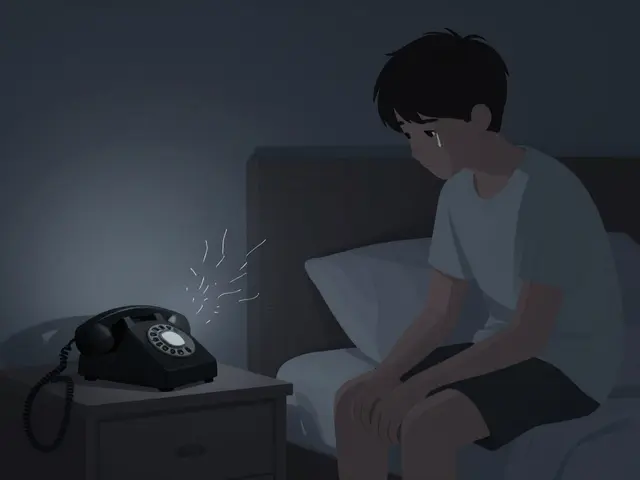 Black Phone 2 Puts Blumhouse Back on Top of the Box Office
Black Phone 2 Puts Blumhouse Back on Top of the Box Office
Categories
Tags
- streaming services
- video editing
- video production
- parental controls
- Max streaming
- video editing software
- marketing mix
- subscription management
- streaming apps
- video editing tips
- tips
- ROI
- video marketing
- video editing tools
- marketing strategy
- Premiere Pro
- family viewing
- classic cinema
- Kurosawa
- streaming setup
